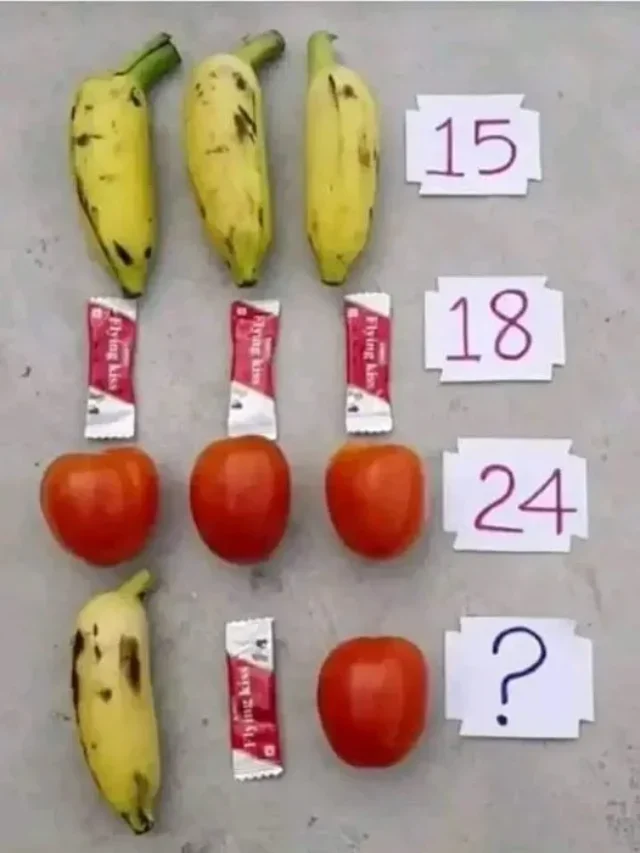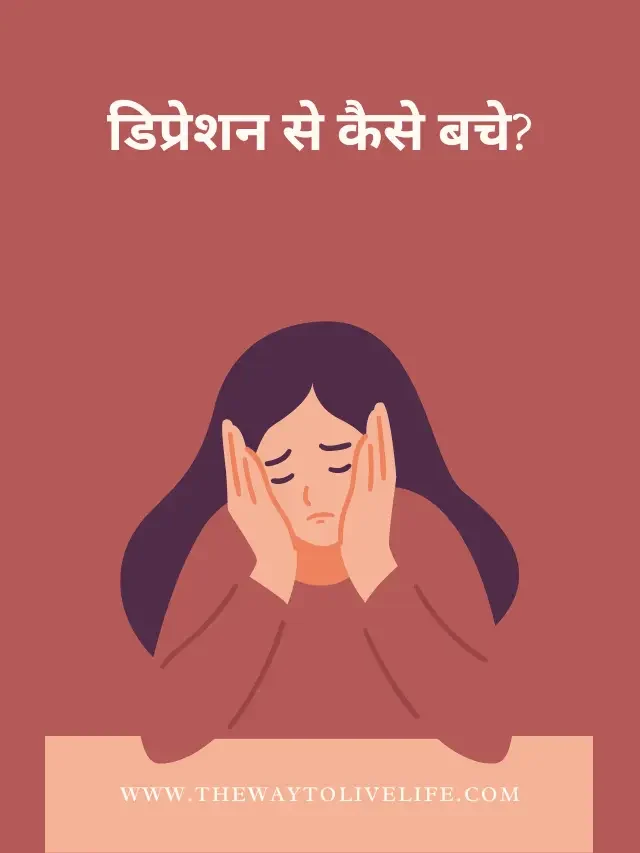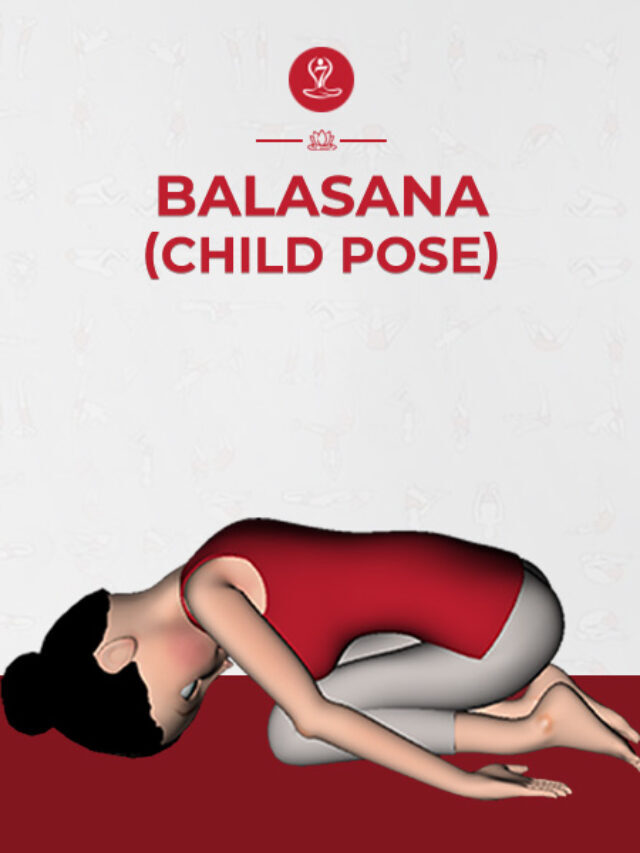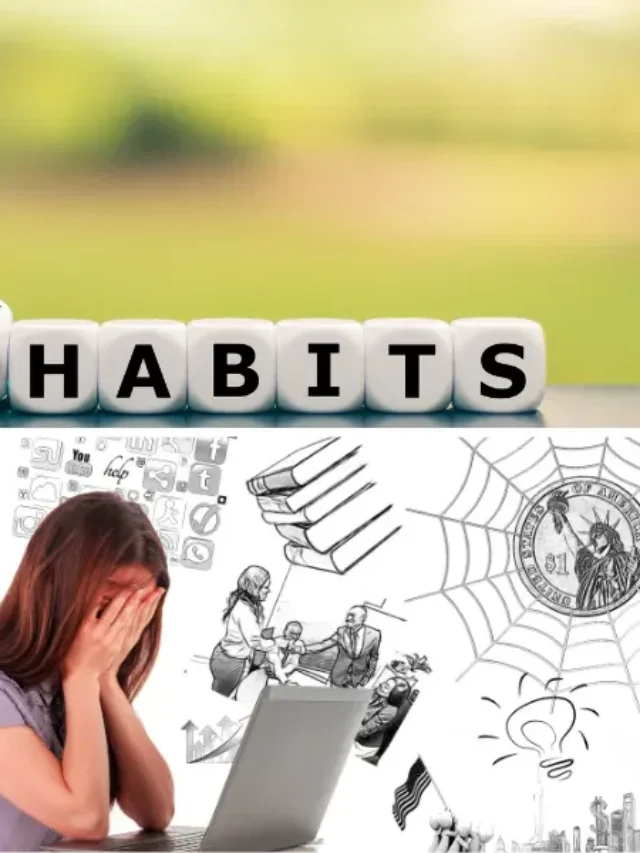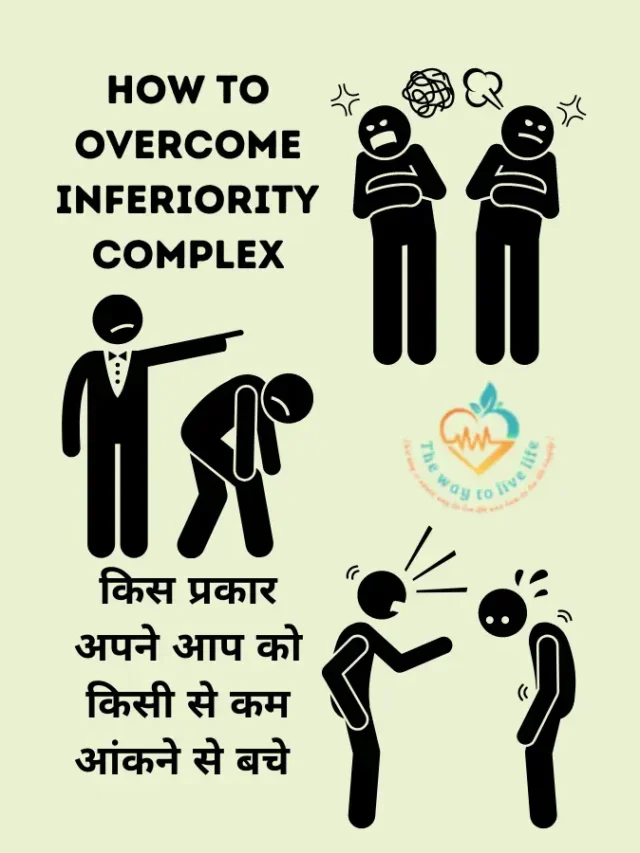We all do mistakes, don’t we? Be it kids or adults, we all commit mistakes. We know some proverbs like “To err is human, to forgive is divine.” “Failures are the stepping stones to success.” Though we know that mistakes do happen, at times, we are unable to accept it, when its consequences are huge. We end up punishing the person in some way. Does punishment help in realization and transformation? Let us see…
Say, you are a child (aged 6 – 12years), when you do mistakes how would you feel? How would you want your parents/ teachers to deal with it?
I do a lot of mischiefs at school and home like taking other’s things, fight with my friends, copy home works, I waste food, mess up my cupboard, I keep things here and there and a lot more. At times, I feel bad for some time and then I am OK. I want my elders to keep correcting me gently without scolding or punishing me.
Say, you are a child (aged 13-25 years), when you do mistakes how would you feel? How would you want your parents/ teachers to deal with it?
The main mistake I do is, I don’t study well. I love to play and chat with my friends which I am not allowed to for a long time. So I lie at times and escape. I know it is bad to lie but I feel I should, for me to feel comfortable. In this age, all elders become very strict and I am forced to cheat them. I don’t call them “mistakes”, I call them a way to keep me going. But yes, when I know that I will be caught, I get scared of the punishments. I feel like running away.
I want them to be friendly with me and correct me in a loving manner.
Very true. No child wants punishment, in fact, none of us like being punished.
Say, you are an adult, when you do mistakes how would you feel? How would you want your parents/ teachers to deal with it?
Well, at this age, I have reasons for all that I do, both good and bad. I don’t like people pointing out my mistakes and advising me because I am an adult. I know what to do. Actually my ego is my problem. At times, yes, I accept my mistakes and promise myself not to repeat it. I want my relatives/ friends/ colleagues to understand me and help me out in correcting myself.
So it is clear. Any person, irrespective of age, wants only love, understanding and support in rectifying one’s mistakes. Then why do we punish???
Teachers punish kids like “get out of the class, stand on the bench, hands up”, etc. Parents also shout and scold them. They punish emotionally like “Don’t talk to me, stay away from me”, lock them in a room, etc. They also beat them depending on the severity of the mistake. Are punishments given to make kids/ people feel guilty? There is a belief, “Guilt leads to realization.” Is it true?
The intention of all teachers/ parents is very pure. It is only to mould the kids in a good manner. But punishment creates fear and hatred towards the elders. The most subtle feeling that is created in the mind of every child is GUILT. Whenever a child makes a mistake, we only need to tell him/ her repeatedly, in an affectionate and assertive manner, as to why it is not good for the child and the right way to behave. Every time we punish or term them as “you are a bad girl/ boy, you are always dirty, you are unfit, you cannot do it, you are a loser”, etc, the child begins to believe it. This lowers the self respect (self esteem/ confidence) of the child. Can such a weak child work towards realization?
When some kids/ people behave normal, i.e. are ok after committing a mistake, we say, “Look, she is not even guilty for her mistake? What a shame?” Does this mean that feeling guilty is good?
What is guilt?
Anger towards the self is called guilt. It is the most damaging emotion for the self. When another person is angry with us, it will be for a short duration. At times, when we know that we are right or can justify our action, we can resist the other person’s anger. But when we are angry with ourselves, it is for a very long time and we succumb to it too. We need to live for 24 hours with the person who is angry with us. Thoughts involved in guilt, “I am wrong, I am a bad person, all that happened is because of me, I am unfit, I have lost, I am the cause of other’s sufferings, I am just useless, I am always rude, I am a dull headed person”, etc.
When do we feel guilty?
When we know that we have committed a mistake and curse ourselves for it, we are in guilt. A child feels guilty when he/ she is punished or scolded by elders.
At school, a teacher has to deal with nearly 40 – 60 children at a time. It is not an easy job. It is impossible to remain patient, soft and affectionate to correct each one. Punishment is the only easiest and best way to deal them.
Teacher is a very responsible position in society. Children look at teachers as “the perfect person”. They consider, all that teachers tell as “absolutely right”. When such a person punishes and terms a child as stated above, the child starts believing and feeling the teacher’s words. I understand that it is not an easy job; it requires a lot of love, patience and commitment.Children are in the age where their self esteem/ self image is being created. So we all need to be very loving towards them. We teach them right and wrong. But the mistake we make is, every time a child does something wrong, we call them “bad”. This gets deeply registered in their minds. So whenever a child does a mistake, he/ she thinks, “I am bad” and this is very very damaging for him/ her. It will not help in any realization/ transformation; instead it pulls the kid down. Let us separate the deed and the person. Let us correct the mistake and not attack the person.
If we scold or punish a child in-order to make him feel guilty, he will grow up to be an adult who curses himself and others for mistakes. Is this good?
Most of us (both kids and adults), before doing anything, first think “what will others think about me?” Let us analyze..
Kids hesitate to speak in a new language or even ask a doubt because of this thought. Why?
It is natural for kids to laugh at very small things in life. So, when someone does or says something, which they feel funny, they laugh out. But at the same time, every child does not like when this is done (others laugh at me). This is a subtle feeling of guilt. They tend to think, “Am I wrong? Have I told anything funny or meaningless? I do not know even this?”, etc. The child then feels very low but will get back to normal soon. As these scenes repeats very often, such thoughts will get grooved so deeply into the child’s mind that he/ she will not attempt to speak out or try something new in future. Such kids will prefer to remain in their shell. As they grow up, if not guided properly, they will be highly prone to depression and loneliness because of this guilt feeling.
How can we help kids in this aspect?
We, as parents/ teachers, can train children not to laugh or speak ill about others in such situations and also help them to handle such awkward reactions. We can motivate and encourage kids to come out of their comfort zone and learn something new. Train them to think the below:
· 1. If people/ friends laugh at me, it is OK. I am learning something new and this is important to me.
· 2. Completely trust in yourself. Believe that “I can and will learn/ do it”.
· 3. Politely, ask your friends to help you in learning instead of laughing/ mocking.
4. It is always effective to tell kids what and how to behave instead of what not to do.
We adults too, behave based on what others would think about us. Why? How to change?
We adults are a bit complicated, means, we think too much and mess up ourselves. Many times, we depend on others appreciation, for us to feel good. We also judge others behavior and change ourselves accordingly. Before doing/ speaking anything, all that it matters is:
· Am I speaking/ doing the right?
· Is it necessary? Is it useful?
· Is it the best way I can speak/ do it?
When people laugh or talk bad about us, we take it as insult. We then, avoid such people or behave indifferently with them. Let us not think too much about others. People will always behave in a way that they feel is right and we have no control over it. Molding ourselves in a positive manner is the best that we can do, for our benefit. Motivate the self and completely trust in the self.
There are many bigger scenes in life like a business loss, an accident, loss of a person, problems in relationships, etc. We may be involved in such acts but will not be the reason for such happening. Yet we blame ourselves and get into deep guilt.
Example:
John lived alone in Delhi in a house. His mother was in another city. For a few days he called her to stay with him. His mother, on the way, met with an accident and died.
When such incidents happen, it is extremely painful. We think “I should not have called her, it was my mistake, I knew my mother was old, I should have accompanied her, it was because of me that she died, what sort of a son I am, I killed my mother, etc”. These thoughts make us feel so guilty, that we live in the past for many many years.
Guilt depletes our energy to such an extent that we become unfit to do anything else in life.
During such situations, we just need to remain emotionally stable, accept the situation and act responsibly. It is natural to feel sad and miss the person but, if we blame and curse ourselves for it, we are only weakening ourselves. We will be unable to help other family members who are dependent on us or who are also deeply affected.
In case of a business loss or failure in exams/ career or relationships, instead of falling into guilt, we just need to accept this scene in life and take steps for a better future. GUILT will only pull us down and keep us in a state which will ruin us and hence struggles continue to double.
Spiritual knowledge helps us a lot in such situations. No person is responsible for such happenings; we are bound by one’s own karma.
To know what karma is all about, please read https://way-to-live-life.blogspot.in/2017/05/have-you-heard-about-law-of-karma.html
Hence we understand that anger and cursing the self is guilt, which completely depletes the strength of an individual. Let us overcome it by accepting our mistakes and taking corrective steps for a better future. Let us believe in our capabilities and motivate others too in a positive approach.


